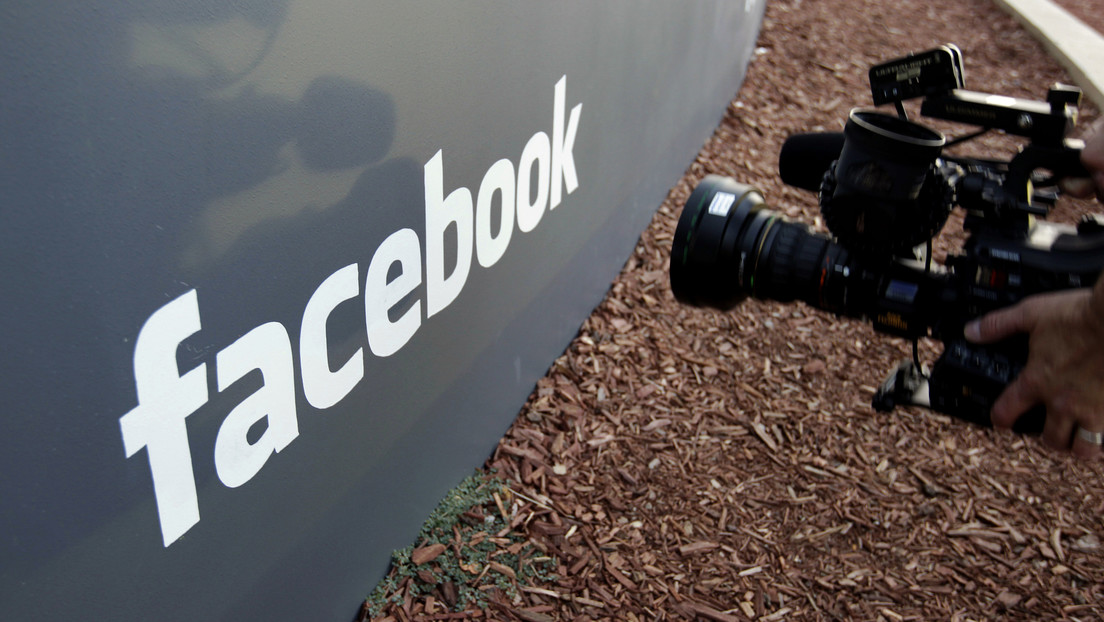Published:
27 sep 2021 10:52 GMT
–
The newspaper revealed that the US company repeatedly found and ignored evidence of the harm that the social network causes to most of its young users.
–
Facebook’s head of research, Pratiti Raychoudhury, published this Sunday a answer to The Wall Street Journal’s accusation that the US company repeatedly found and ignored evidence of the harm Instagram causes most of its young users.
According to WSJ, which had access to the company’s internal investigations over the last three years, Facebook would have been evaluating the negative impact that Instagram has on millions of its underage users and would have decided to continue with its business model despite to the alarming results.
In particular, the newspaper claimed that the investigation shows that the tendency to share only the best moments in life and the pressure to always look flawless They can lead to eating disorders, a distorted perception of one’s own body or depression in teenagers who use the platform.
The Facebook spokeswoman replied that it is wrong to describe her application as “toxic” for young teenage girls, since “the use of Instagram helps to face the difficult moments and the challenges they always face “.
The company also listed several steps it took to improve its platform: introducing new resources for those struggling with body image issues, updating policies to remove all graphic content related to suicide, and launching a feature that enables protect people from harassment.
In addition, according to Facebook, the Instagram research covered twelve issues faced by young women, with respondents saying that in eleven of the same Instagram made them feel better too.
For its part, WSJ contends that 14% of young Americans said that Instagram made them feel worse about themselves, but omits the fact that 50% of American teenagers and 36% of British teenagers say they feel better after using the ‘app’, said the technology giant in its statement.
–


